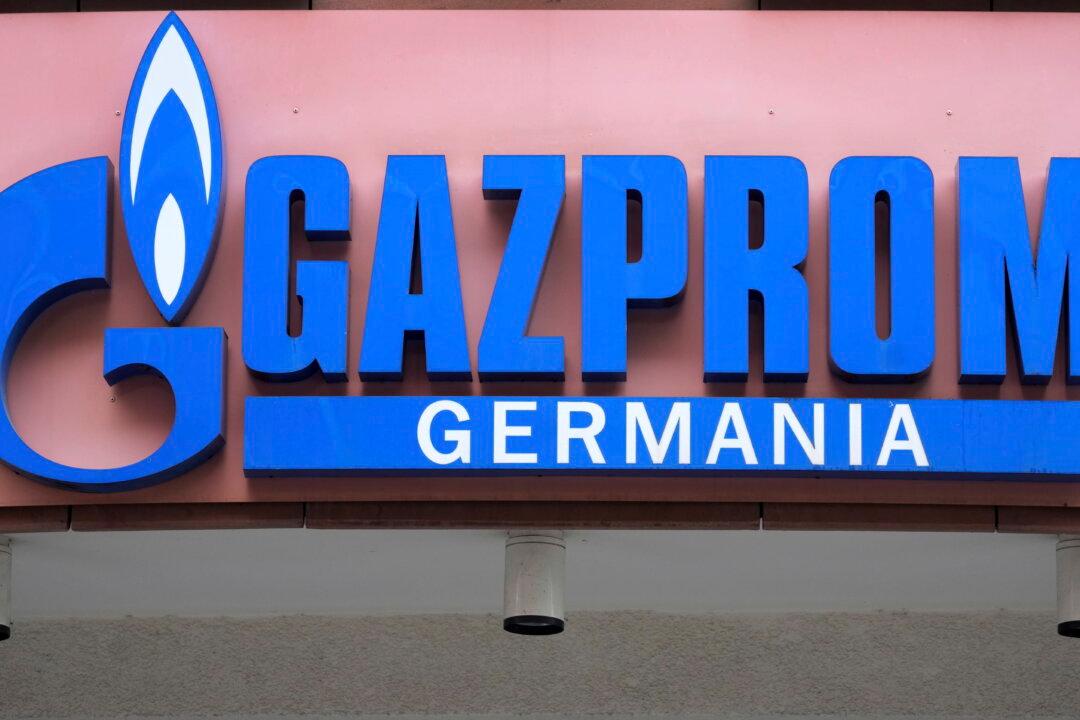Russian natural gas deliveries through a key pipeline to Europe will drop by around 40 percent this year, state-controlled energy giant Gazprom said Tuesday, after Canadian sanctions over the war in Ukraine prevented German partner Siemens Energy from delivering overhauled equipment.
Germany’s utility network agency said it did not see gas supplies as endangered and that reduced flows through the Nord Stream 1 pipeline under the Baltic Sea aligned with commercial behavior and Russia’s previously announced cutoff of gas to Denmark and the Netherlands, the German news agency dpa reported. The Federal Network Agency said it was monitoring the situation.





